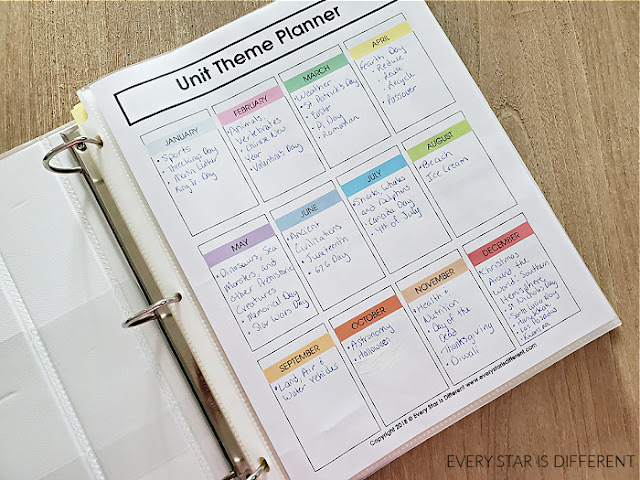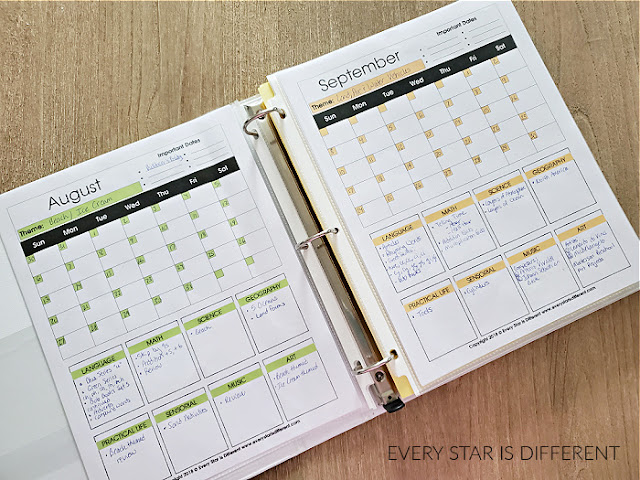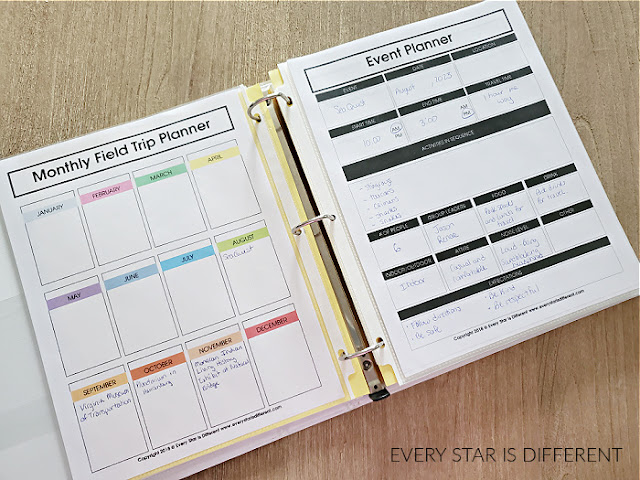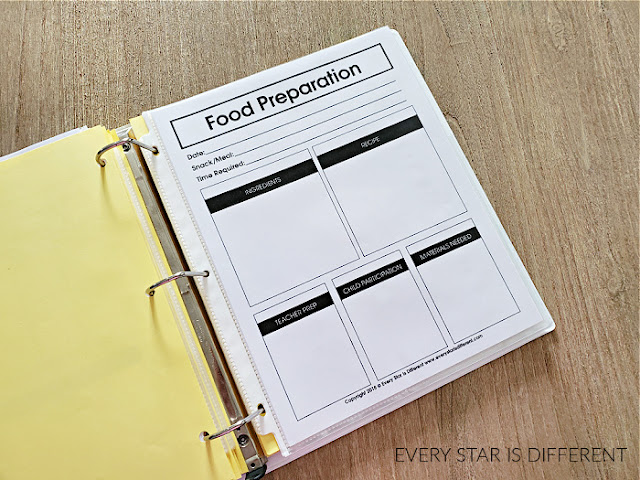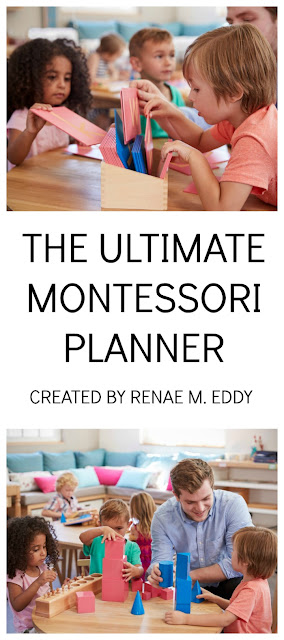Finding a
Montessori planner for teachers and parents that fits everyone's needs can be a challenge. The
Ultimate Montessori Planner is the perfect solution!
This Montessori planner is created to meet the needs of all teachers and parents, no matter class size or the skills and abilities of students.
It includes both Montessori preschool and elementary resources, including a section for children with disabilities.
The
Ultimate Montessori Planner is
designed to be used year after year. You fill in the dates. There is only a need to purchase it once, and then you have it for life.
What I love most about this planner is that you can use the aspects of it you love, and not worry about the rest.
I also love that the
Ultimate Montessori Planner for teachers and parents can be printed out and taken anywhere with you. When I'm teaching, planning, and preparing, I always love to write down notes and ideas.
This Montessori planner allows me to do that.
Montessori Planner for Teachers and Parents
How Do I Put the Montessori Planner for Teachers and Parents Together?
When I use my Montessori planner, I print out the sheets I'll need for the week, month, and year, and put them in a
binder using
dividers.
I love creating different sections in a logical order to help me stay organized and make sure things are easy to find.
I also keep each page in a
sheet protector to ensure it will stay clean and fresh when needed. Little hands are quick to touch and explore the binder while I'm using it.
The final result looks so appealing and really helps with my desire to plan.
In this post I am using the preschool version of printables included in the Ultimate Montessori Planner as that's the curriculum Sunshine is using right now.
Unit Theme Planner for Montessori Teachers and Parents
One of my favorite pages in the
Ultimate Montessori Planner is the unit theme planner for Montessori teachers and parents.
I usually print out three of these forms as I plan out the school year. The first is used as a rough draft, where I write down all the ideas that pop into my head. Then I organize my plans into a final copy with my final decisions.
I also keep another blank copy in the planner to write down ideas for the next year as I come across inspiration.
I love that this page is so colorful. Colors correspond with monthly planners included.
Monthly Montessori Planner for Teachers and Parents
The monthly planners for Montessori teachers and parents are my second favorite printables included in the
Ultimate Montessori Planner.
There are so many aspects about these planners that I love.
Pages are reusable year after year, as you fill in the dates. If a month is particularly long, I just add the numbers to the next page, as I usually plan by week anyway.
Each month not only includes a calendar, but a planner by subject for the month.
The colors of each month are so soothing and inviting.
When I use these pages, I print out multiple copies. I create a rough draft for the year and then a final copy.
I also keep a set in my binder to jot down notes for next year as the year goes along.
Field Trip Planner for Montessori Teachers and Parents
Outings are such an important part of Montessori education. They can be as simple as going for a nature walk or visiting a local aquarium.
These pages help organize all of my thoughts and ideas, as well as help me finalize plans for each and every outing or field trip we go on.
Once I have all of the information on the event planner, I know I'm ready to share with kids and parents.
I love that the field trip planner for Montessori teachers and parents is color coded by month, just like the unit theme and monthly planners.
This planner can also be used to help children in Montessori elementary classrooms plan their own outings.
Unit Theme Subject Planner for Montessori Teachers and Parents
When it comes to planning out units, I always love to see an overview of each subject area all in one place to know and understand how it fits together.
In the home environment, I usually only have four activities per subject at most with each unit.
This page is also helpful to teachers, as a lot of the work on the shelves remains the same throughout the year, but then it's fun to rotate out some work with each new theme you introduce.
For teachers who rotate out more than four work activities at a time per subject, there is another version of this printable available that allow for a list of 20 activities per subject.
Source: I created this printable and the other version as part of the Ultimate Montessori Planner Freebie. This is a Subscriber's Only Freebie. For your free copy, follow the directions at the bottom of the post.
Lesson Planner for Montessori Teachers and Students
This version of the lesson planner I use for planning out traditional Montessori lessons with Montessori materials, which is separate from unit theme related work.
Using the lesson planner for Montessori teachers and parents helps me organize when and how many materials and printables I need to pull out of storage, which is really helpful for me.
The great thing about this printable is that it is completely versatile for the needs of teachers and parents. It can be used to plan out which lessons in each subject are going to be presented over a specific period of time, etc.
Three Period Lesson Notes for Montessori Teachers and Parents
I find the three period lesson notes for Montessori teachers and parents to be such an incredible resource to chart kids' progress with lessons and materials.
I usually keep as many of these sheets in my planner as I will need in the moment for each child I'm working with, specific to the lessons I will be presenting over a certain amount of time (usually related to a subject topic or unit theme).
When I'm finished with each sheet, I transfer them to a binder for each child, so I have documentation of what they have accomplished and how long it took. This is great documentation to have on hand for schools, parents, etc.
What I like about these sheets is that I can carry them in my binder as I'm working with children in the classroom and write down notes as I go, so I don't forget.
Book List Form for Montessori Teachers and Parents
With each new subject topic, unit theme, season, or holiday, I find myself introducing about ten new books.
I realized that I did not have a space in the Montessori planner to write down books I stumbled upon that I loved, or a place to record which books we actually read.
The book list form is my solution to this problem. It is so helpful, especially when it comes to books I check out at the library or find on Amazon.
I'm able to research books ahead of time, writing down the ones I like, and then make sure I have them all ready to go when it's time.
I love that I can keep these lists from year to year, especially when I repeat subject topics, unit themes, seasonal and holiday work.
Source: I created this printable as part of the Ultimate Montessori Planner Freebie. This is a Subscriber's Only Freebie. For your free copy, follow the directions at the bottom of the post.
Snack Planner for Montessori Teachers and Planners
This snack planner for Montessori teachers and parents is perfect for planning out snack time and practical life related work in the classroom.
I also love it to keep track of ideas I come across on Pinterest for when I create a specific themed unit study or subject topic curriculum.
The snack planner also comes with a section to write down a grocery list.
Whether you choose to cut this out and actually use it, or keep it in the binder so you have it for years to come, knowing exactly what you need is completely up to you.
I write down the list and then take a picture of it with my phone to use at the store when I'm picking up supplies. This way I keep the list from year to year.
Food Preparation Forms for Montessori Teachers and Parents
This food preparation form for Montessori teachers and parents is all about preparing the environment, helping your organize every step of the process.
I love to use it before I'm executing a larger food preparation activity in the classroom, so I know I'm prepared and ready to go, having thought of everything necessary to help the project be successful.
The form helps me know exactly who's doing what, especially if I have another adult helping with the process.
Usually I keep copy of the actual recipe in the sheet protector as well, to store for years to come. The ingredients and recipe section of the form I use to map out who's doing what while preparing the food.
Subject Goal Forms for Montessori Teachers and Parents
These Montessori subject goal forms are so versatile depending on the needs of your classroom.
When I'm just working with one student, I fill out goals, review them often, and record when the student has accomplished the goal. Once a sheet is filled up, I transfer it to the child's binder, documenting what's been accomplished.
When working with my older kids, I let them set goals for themselves and document when they accomplish them.
These forms can also be used to keep track of goals involving the entire class. The sky is really the limit.
I've found goal setting to be so incredibly important. It helps teachers focus on following and respecting the child. Goals also help with intrinsic learning habits.
Weekly Observations Form for Montessori Teachers and Parents
At the end of each day, I love to pause and write down observations I've made. Sometimes I do this immediately after a period of observation is over, so I don't forget things. Other times I can just go through each child at the end of the day and remember.
I love that this sheet helps me remember to pause and observe which is so incredibly important!
Reflections Form for Montessori Teachers and Parents
The reflections form in the
Ultimate Montessori Planner for teachers and parents is designed for teachers to use every day, weekly, or monthly as a check in for themselves and how things are going in the classroom.
I love that this form prompts me to take an overview of how things are going, what I can improve, what questions I want to research, and where I'm at in discovery of myself as a Montessori teacher.
Reading Log for Montessori Teachers and Parents
As a Montessori teacher, whether to our own children or in the classroom to many children, we should always be reading about Montessori. The inspiration that comes from continually reading Montessori books is so incredibly important.
This part of the planner is dedicated to you writing down the Montessori books you're reading.
These forms can also be used for children in the Montessori elementary classroom to record books they're reading and how long it takes each of them.
Once again, this Ultimate Montessori Planner is so incredibly versatile.
Study Notes Form for Montessori Teachers and Parents
The study notes form for Montessori teachers and parents goes along with the reading log. It can be used for teachers or students.
What I like about these forms is that they can be used for each page, chapter, section, or book in entirety. It really depends on your preference.
You have now seen all that I include in my
Ultimate Montessori Planner binder when working with Sunshine at the preschool level. Everyone's planner will look different.
The Ultimate Montessori Planner Table of Contents
- Montessori Preschool Monthly Planner
- Montessori Elementary Monthly Planner
- Unit Theme Planner
- Monthly Field Trip Planner
- Event Planner Sheet
- Preschool Lesson Planner Part 1
- Preschool Lesson Planner Part 2
- Elementary Lesson Planner Part 1
- Elementary Lesson Planner Part 2
- Language Goals Sheet
- Math Goals Sheet
- Science Goals Sheet
- Geography Goals Sheet
- Practical Life Goals Sheet
- Sensorial Goals Sheet
- Music Goals Sheet
- Art Goals Sheet
- Grace & Courtesy Goals Sheet
- Movement Goals Sheet
- Geometry Goals Sheet
- History Goals Sheet
- Three Period Lesson Notes
- Weekly Observations
- Reflections
- Reading Log
- Study Notes
- Teacher Preparation
- Food Preparation
- Snack Planner
- Meal Planner
- Favorite Online Resources
- Behavioral Incident Report
- Therapy Notes
- Mental Health Notes
- Physical Therapy Goals
- Speech Therapy Goals
- Occupational Therapy Goals
- Mental Health Goals
- Therapy Goals
Some of the pages included in this post come from the Ultimate Montessori Planner Freebie as bonuses you can add to the original product.
Ultimate Montessori Planner Freebie
The Ultimate Montessori Planner Freebie includes the following pages to add to your original planner. You have seen examples of the Book List and Unit Study Subject Planner Option 1. Below is the table of contents for the entire bonus freebie.
Ultimate Montessori Planner Freebie Table of Contents
- Book List
- Unit Study Subject Planner Option 1
- Unit Study Subject Planner Option 2
- Shelf Map Option 1
- Shelf Map Option 2
- Shelf Map Option 3
Don't forget to follow the directions below to receive the Subscriber's Only Freebie.
And if you don't own the Ultimate Montessori Planner, be sure to grab your copy today!
Directions on How to Obtain Subscriber Only Freebies
1. Click on the Subscriber's link at the bottom of this post.
2. Subscribe to our free newsletter.
3. Open the thank you message you receive in your e-mail, after subscribing. (Be sure to check your spam folder, as sometimes it ends up there.)
4. Click the confirmation link in the thank you message.
5. Once the confirmation is complete, you will receive another e-mail message with the Subscriber Only Freebies.
6. Click on link.
7. Find the printable pack you are looking for listed in alphabetical order, click on it, and voila!
We hope you enjoy your free printable.
Note: If you are already a newsletter subscriber, open your most recent newsletter. At the bottom you will find a link to the Subscriber Only Freebies page, along with the password in case you forgot it.
If you enjoyed this post, you may like the resources below.



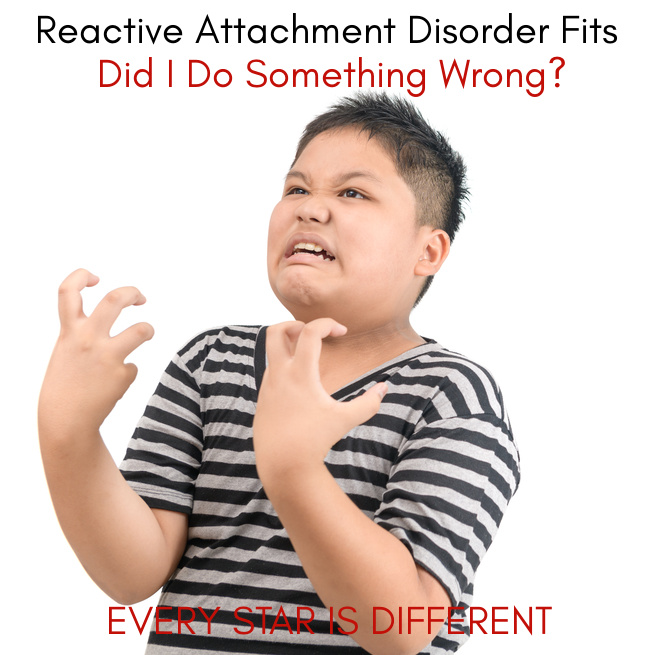

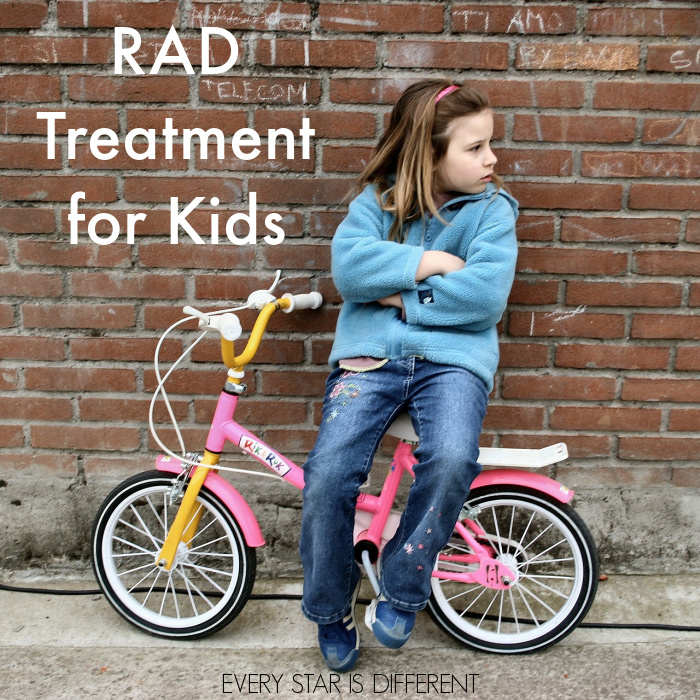






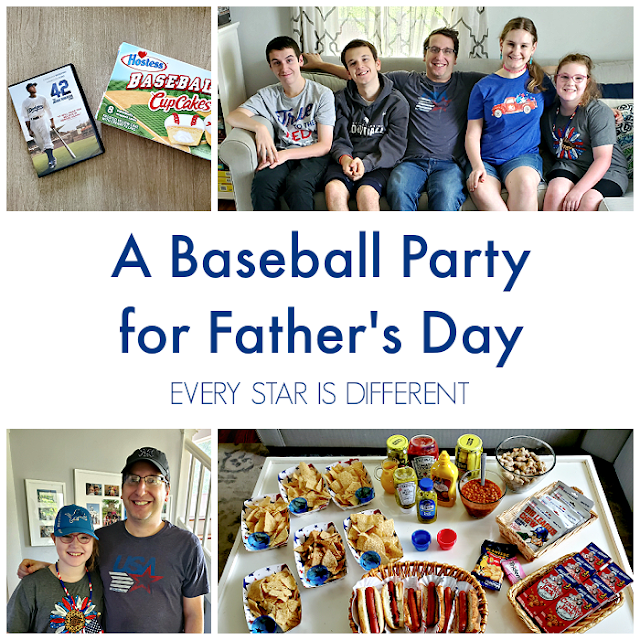


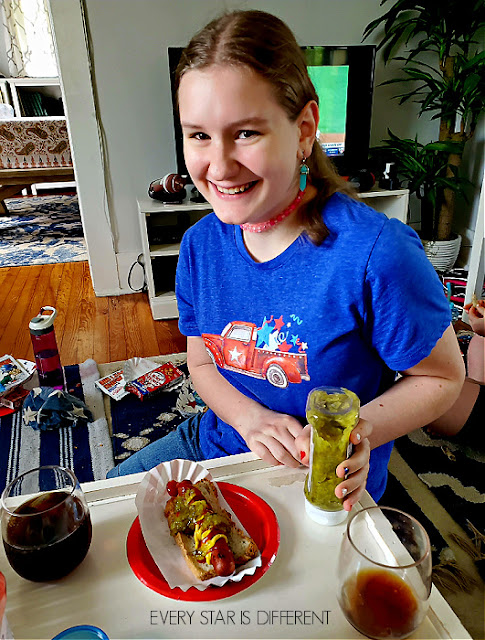



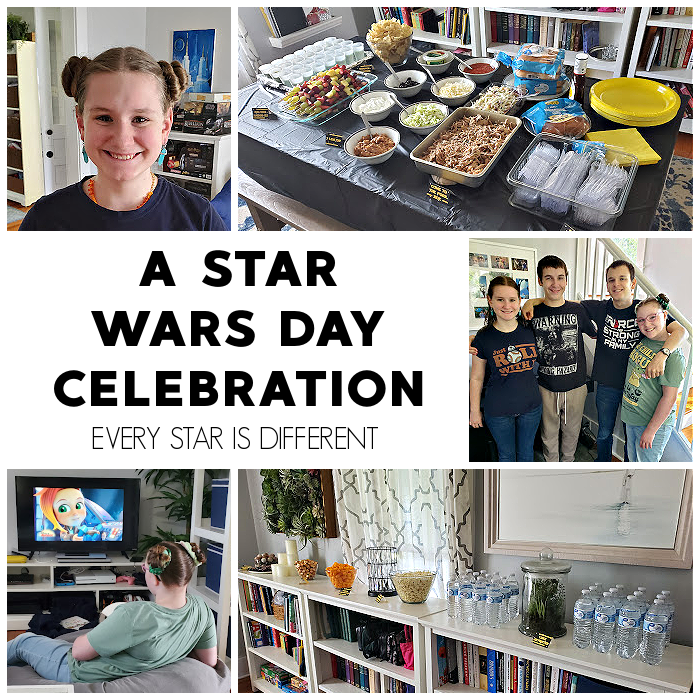



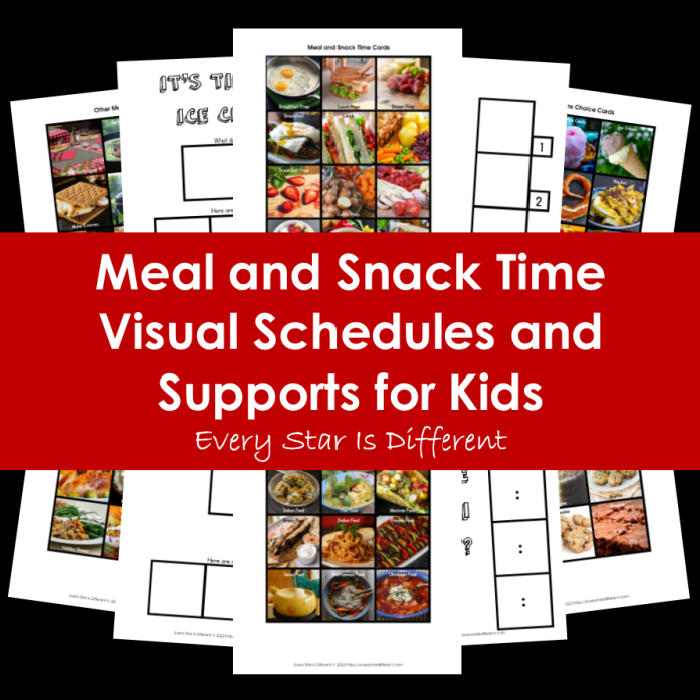



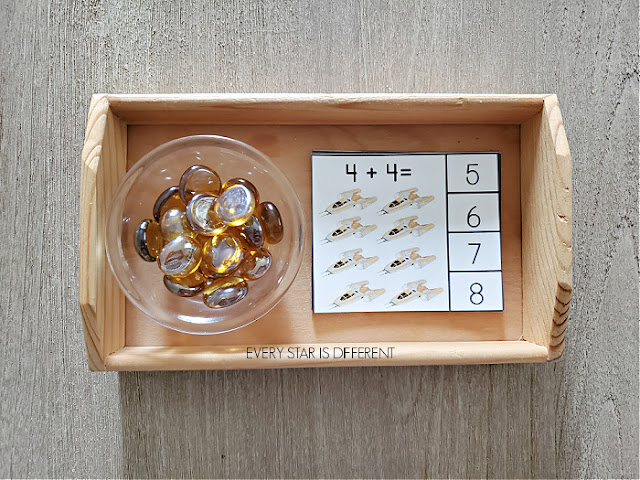
.jpg)













